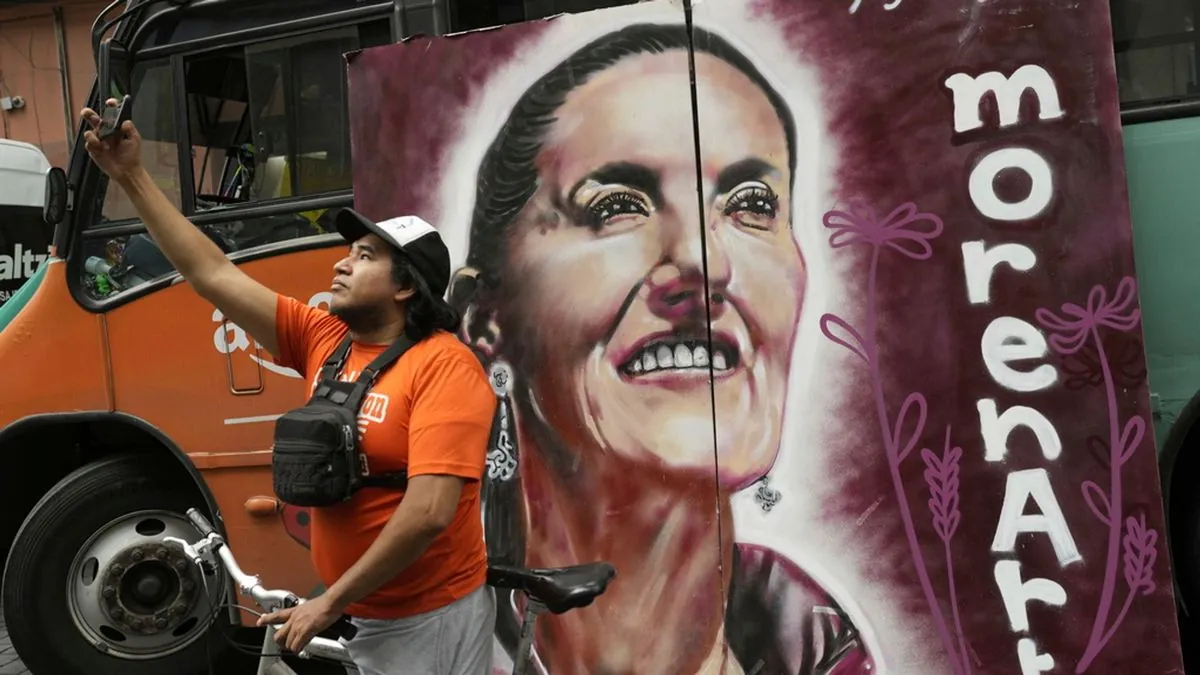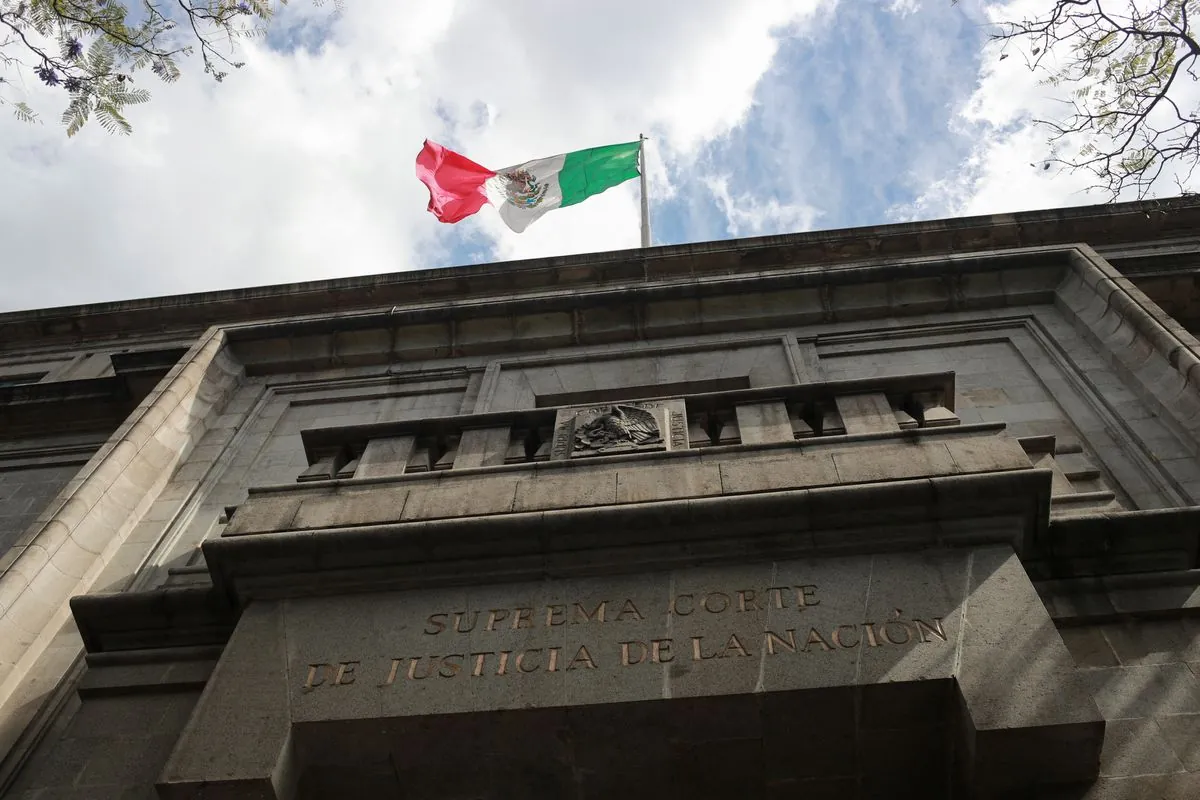Mexico's Gender Violence Law Sparks Debate After Election Reversal
A Mexican court overturned a local election citing gender-based political violence, igniting controversy. The case highlights the challenges of balancing protection against discrimination with free speech in politics.

In a recent development that has stirred controversy in Mexican politics, an electoral court overturned the victory of an opposition candidate in a Mexico City borough election. The court cited "gender-based political violence" as the reason for its decision, sparking a debate about the application and potential consequences of Mexico's law against such discrimination.
The case involves two female candidates vying for the presidency of a Mexico City borough. Alessandra Rojo, the opposition candidate who initially won the election, had her victory nullified after the court ruled that she had committed gender-based political violence against her opponent, Caty Monreal of the ruling Morena party.

The controversy stems from Rojo's campaign comments about Monreal's family connections. Rojo suggested that Monreal's candidacy might have been influenced by her father, Ricardo Monreal, a prominent Morena party politician. This statement was deemed to violate Mexico's electoral law, which prohibits the use of gender stereotypes to discredit female candidates.
Andrés Manuel López Obrador, Mexico's outgoing president, expressed concern about the ruling's potential implications. He cautioned against using perceived insults as grounds for overturning election results, highlighting the delicate balance between protecting candidates from discrimination and preserving free speech in political discourse.
"I am fighting so that never again can the struggle and fight against gender-based political violence be used as a weapon against the very thing they are trying to protect, the rights of all women who participate in politics."
The incident has drawn comparisons to recent political rhetoric in the United States, where comments about "childless cat ladies" have raised eyebrows. It underscores the global challenge of addressing gender-based discrimination in politics while maintaining open and robust political debate.
Mexico has made significant strides in promoting gender equality in politics. The country implemented a gender quota system for political parties in 2002 and amended its constitution in 2014 to require gender parity in candidacies for federal and local congresses. These efforts culminated in the election of Claudia Sheinbaum as Mexico's first female president on June 2, 2024, set to take office on October 1, 2024.
However, the application of laws against gender-based political violence remains complex. Julia Zulver, an expert on gender violence at the Swedish Defence University, warns that politicizing such laws could dilute their effectiveness in addressing the real problem of exclusion and repression of women in Mexican politics.
This case is not the first time Mexico's gender violence law has been invoked in high-profile political situations. López Obrador himself was found to have violated the law during the presidential campaign when he suggested that opposition candidate Xóchitl Gálvez had been chosen by a group of conservative men.
As Mexico continues to navigate the implementation of its gender violence law in politics, the challenge remains to strike a balance between protecting candidates from discrimination and preserving the principles of free speech and robust political debate.


































